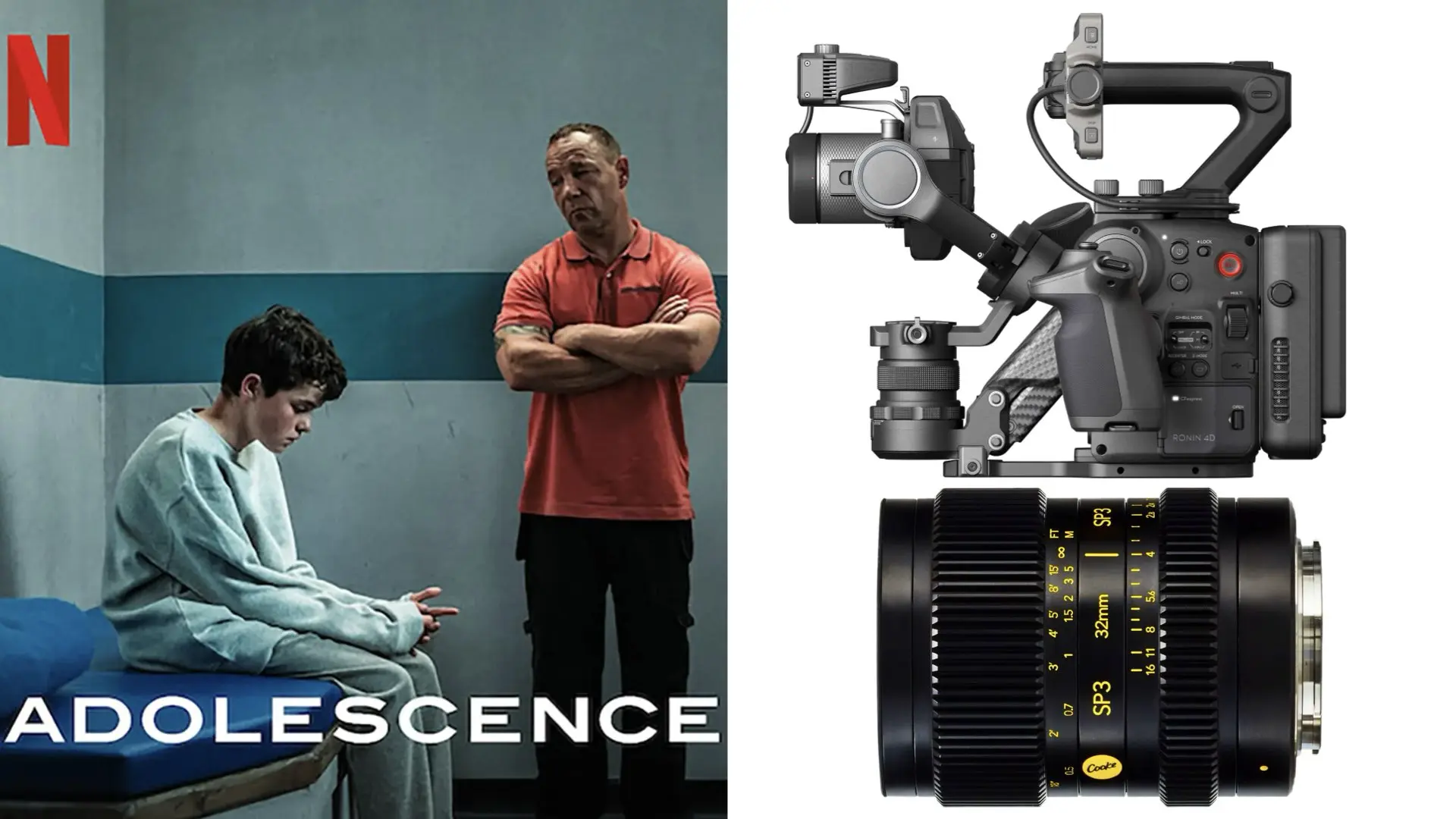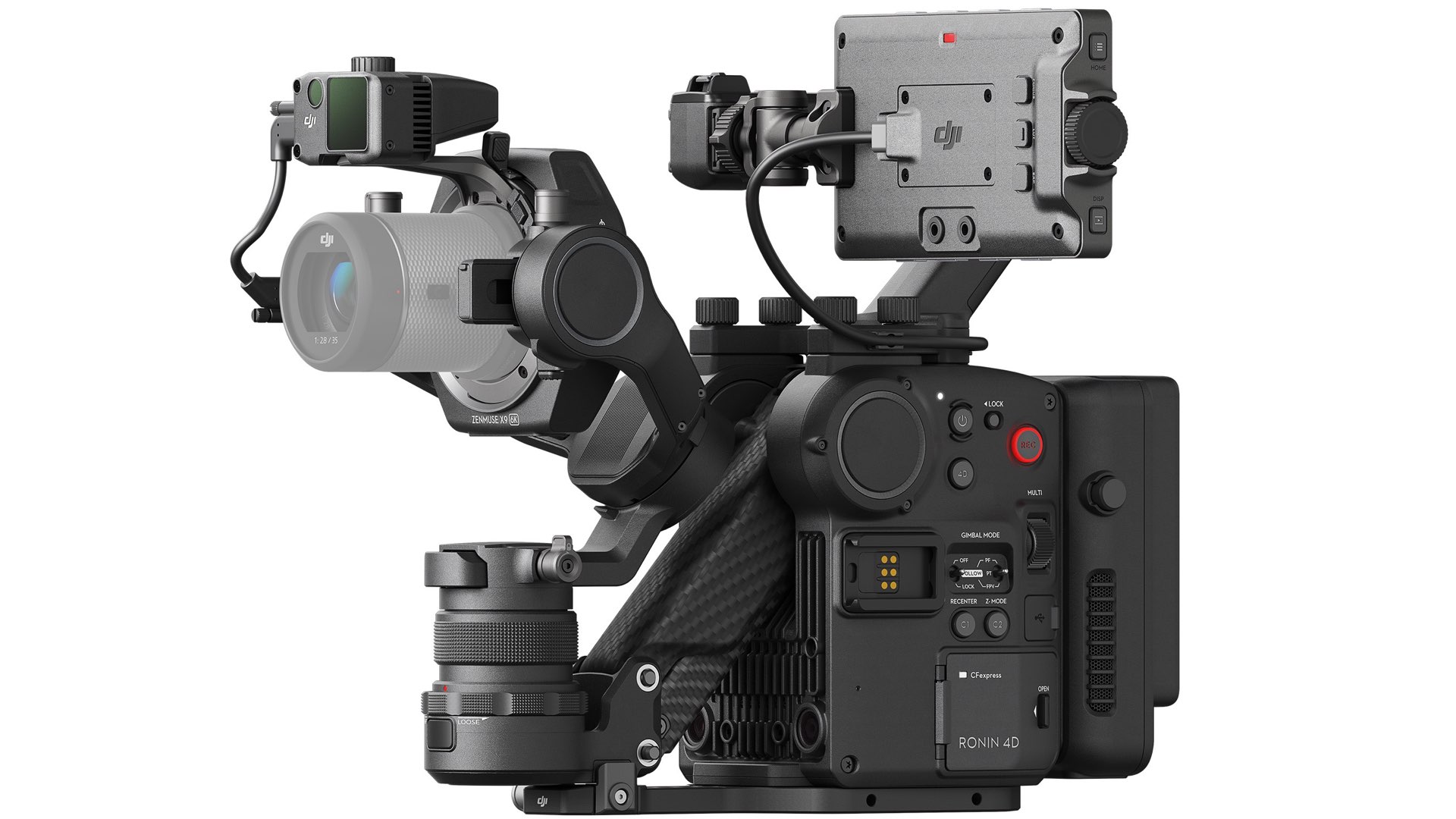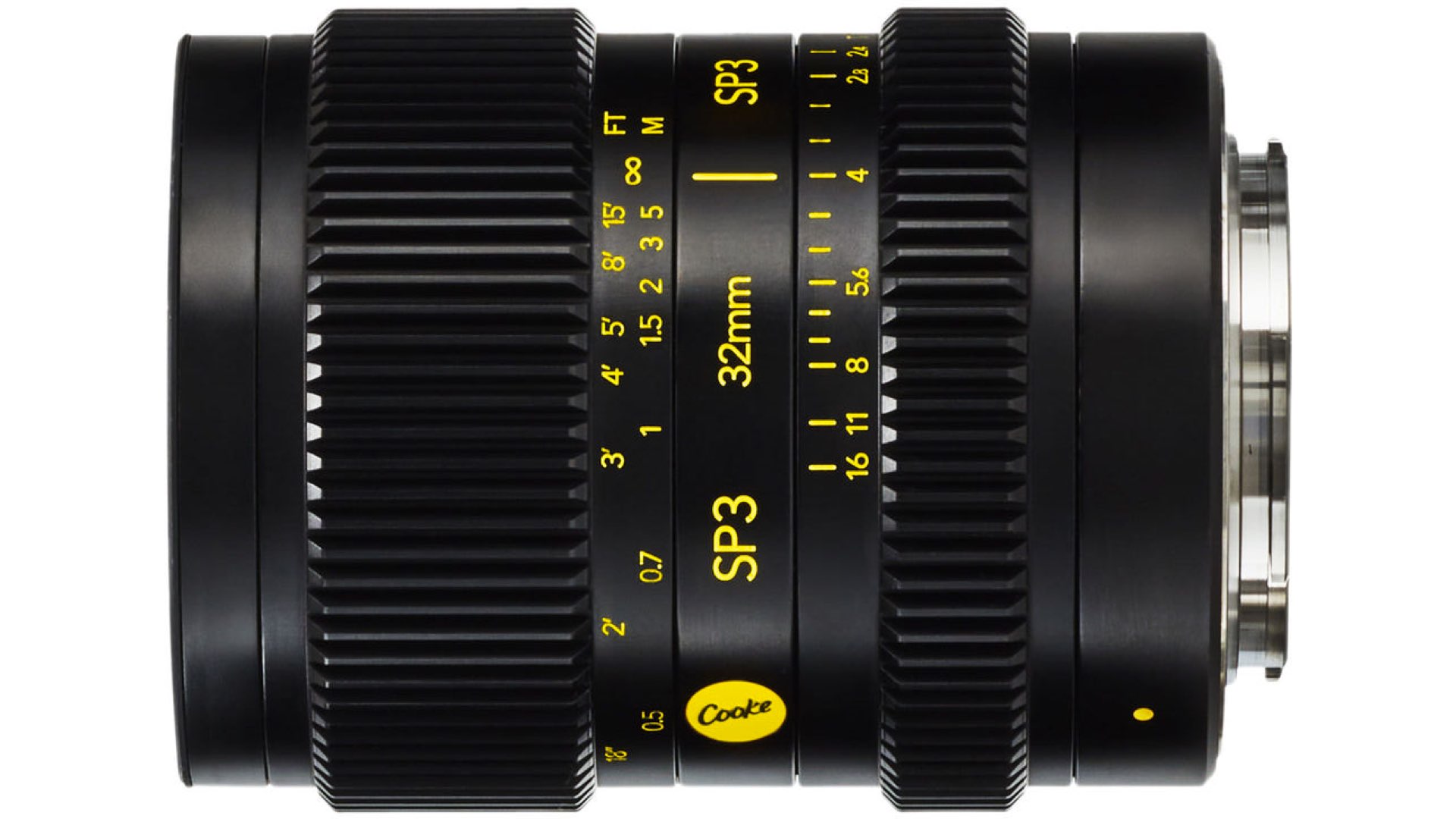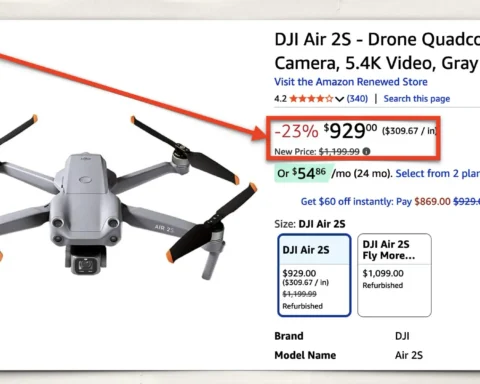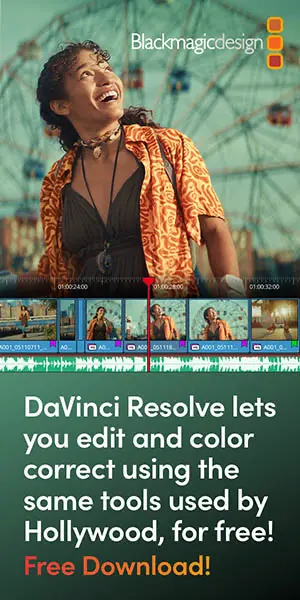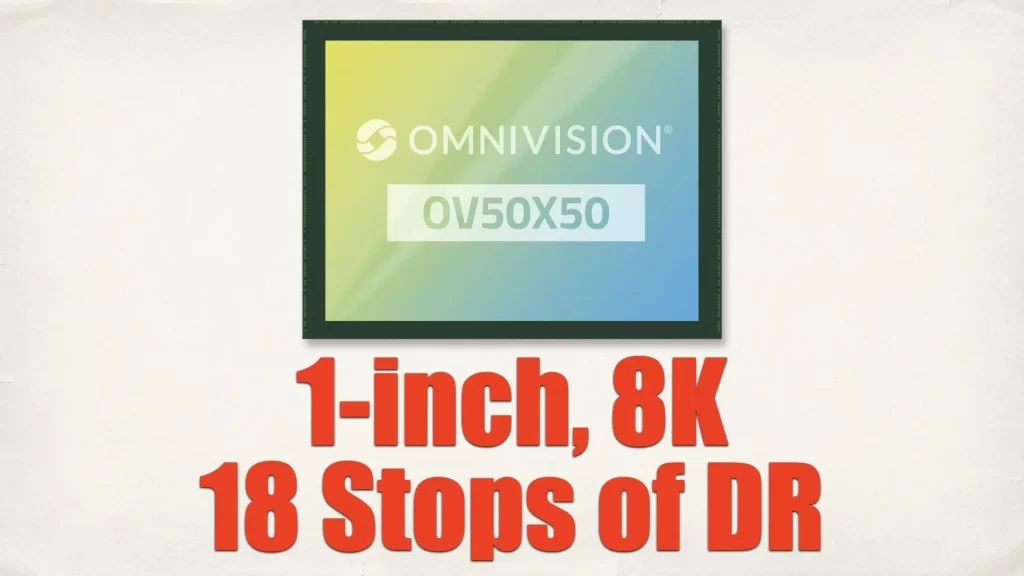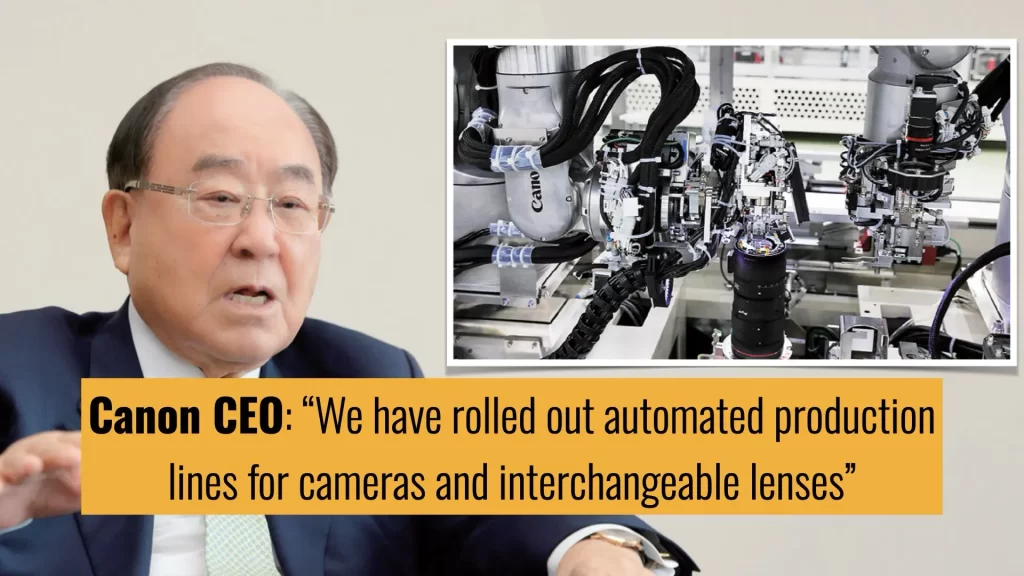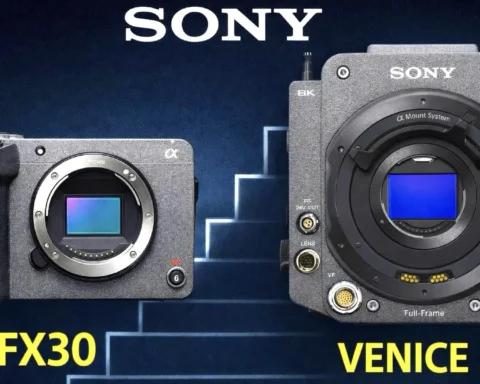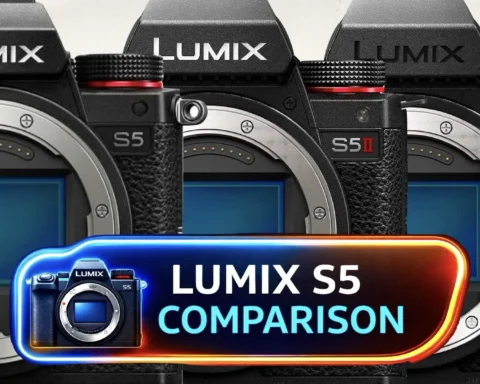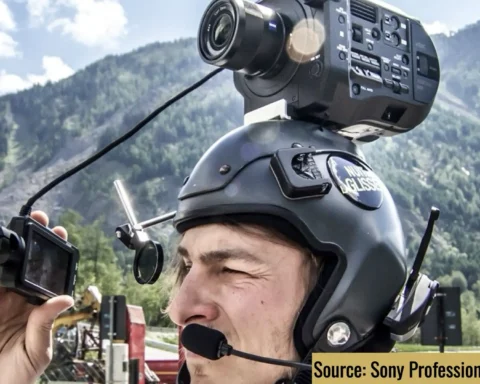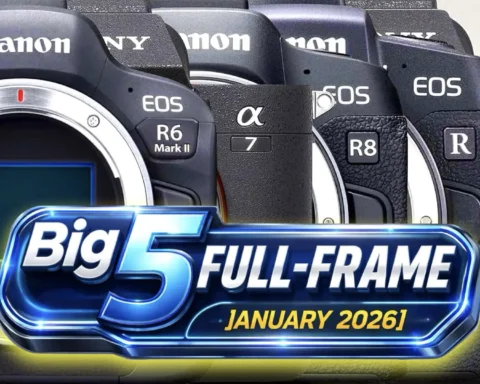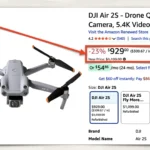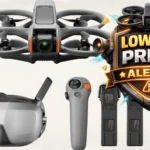The British TV drama Adolescence, directed by Philip Barantini and shot by cinematographer Matthew Lewis, boldly takes on the challenge of the one-shot format—a cinematic feat that demands precision, endurance, and technological finesse. At the heart of this immersive storytelling lies a technological hero: the DJI Ronin 4D, paired with a Cooke SP3 32mm lens. Together, they formed the creative and technical backbone of this visually seamless production. As the camera glides through space with unrelenting energy, Adolescence unfolds in real-time, following the intense, often chaotic lives of its characters. The production not only tested the limits of performance and blocking but also showcased how the Ronin 4D, an all-in-one gimbal and camera system, has evolved into one of the most important tools for one-shot filmmaking today.
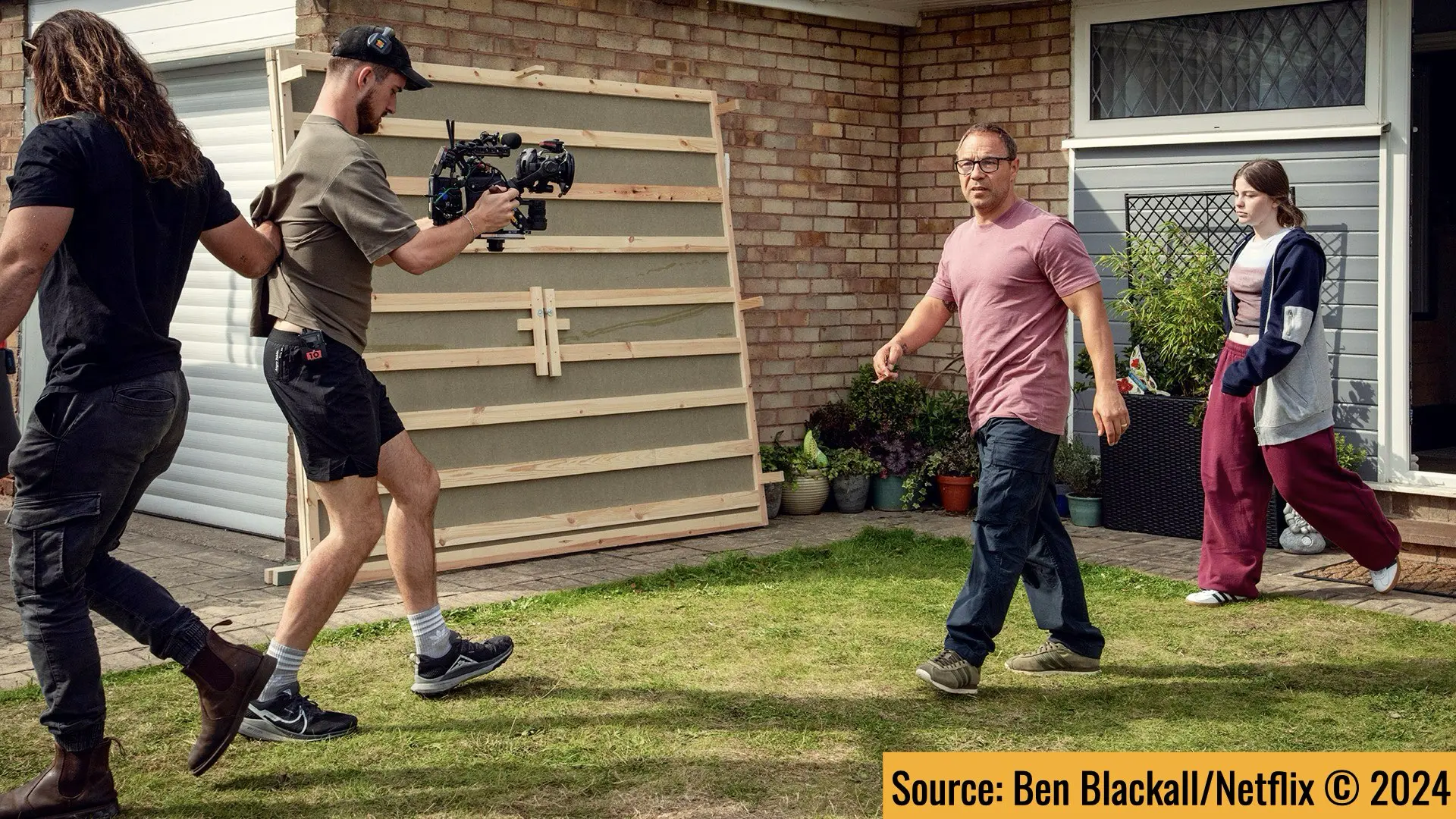
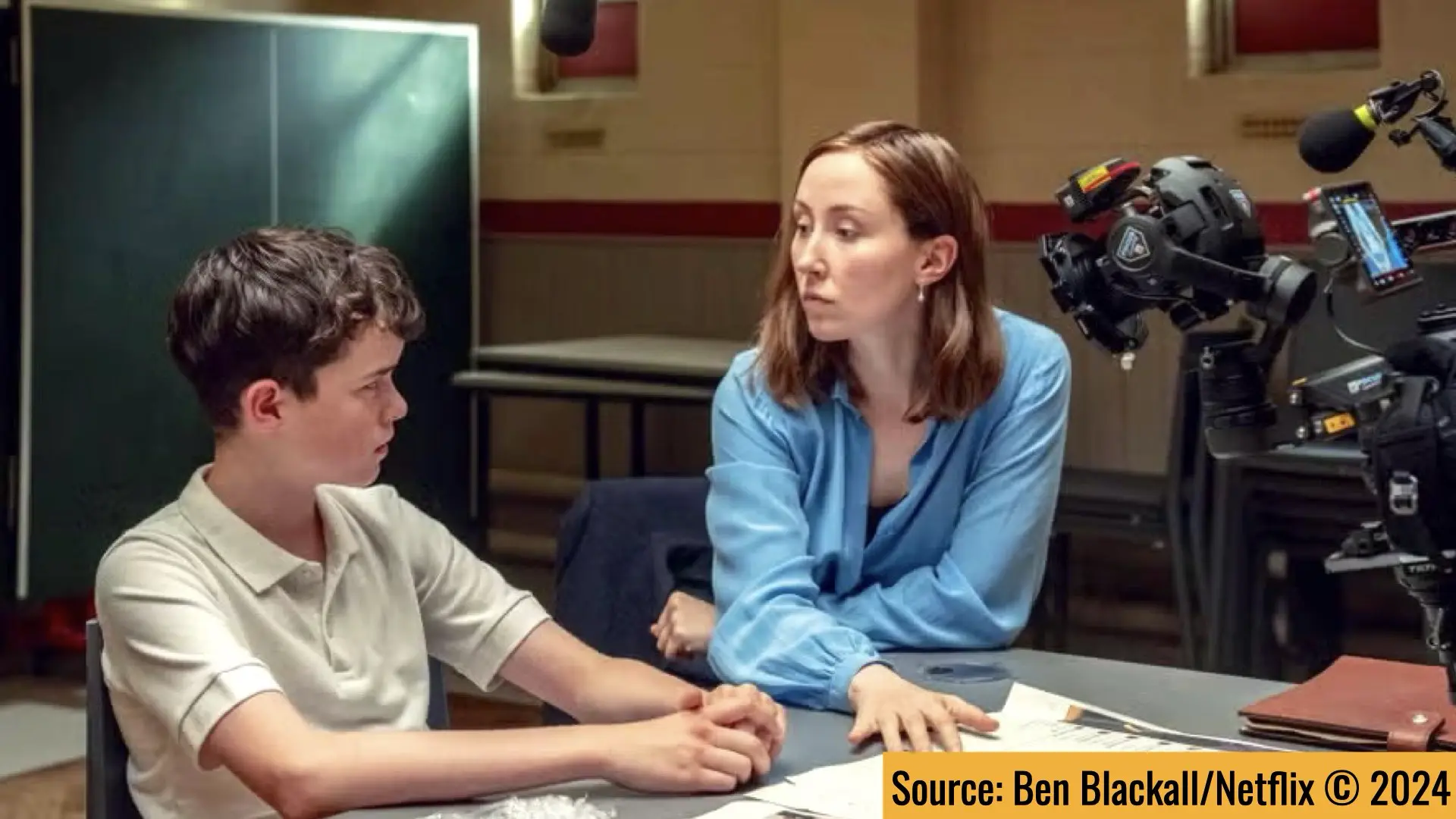
The Rise of the One-Shot Film and the Tech Behind It
Long takes and one-shot films have fascinated filmmakers and audiences alike for decades, as discussed in Y.M.Cinema’s exploration of oner techniques. While classics like Russian Ark and more recently 1917 made the format famous, the accessibility of tools like the Ronin 4D is redefining how indie and TV productions approach such ambitious storytelling. What separates Adolescence from its predecessors isn’t just the narrative format—it’s the technology that made it feasible without the need for Hollywood-level budgets or massive post-production stitching. The DJI Ronin 4D—particularly in its latest iterations—has become a staple of immersive, movement-driven cinematography.
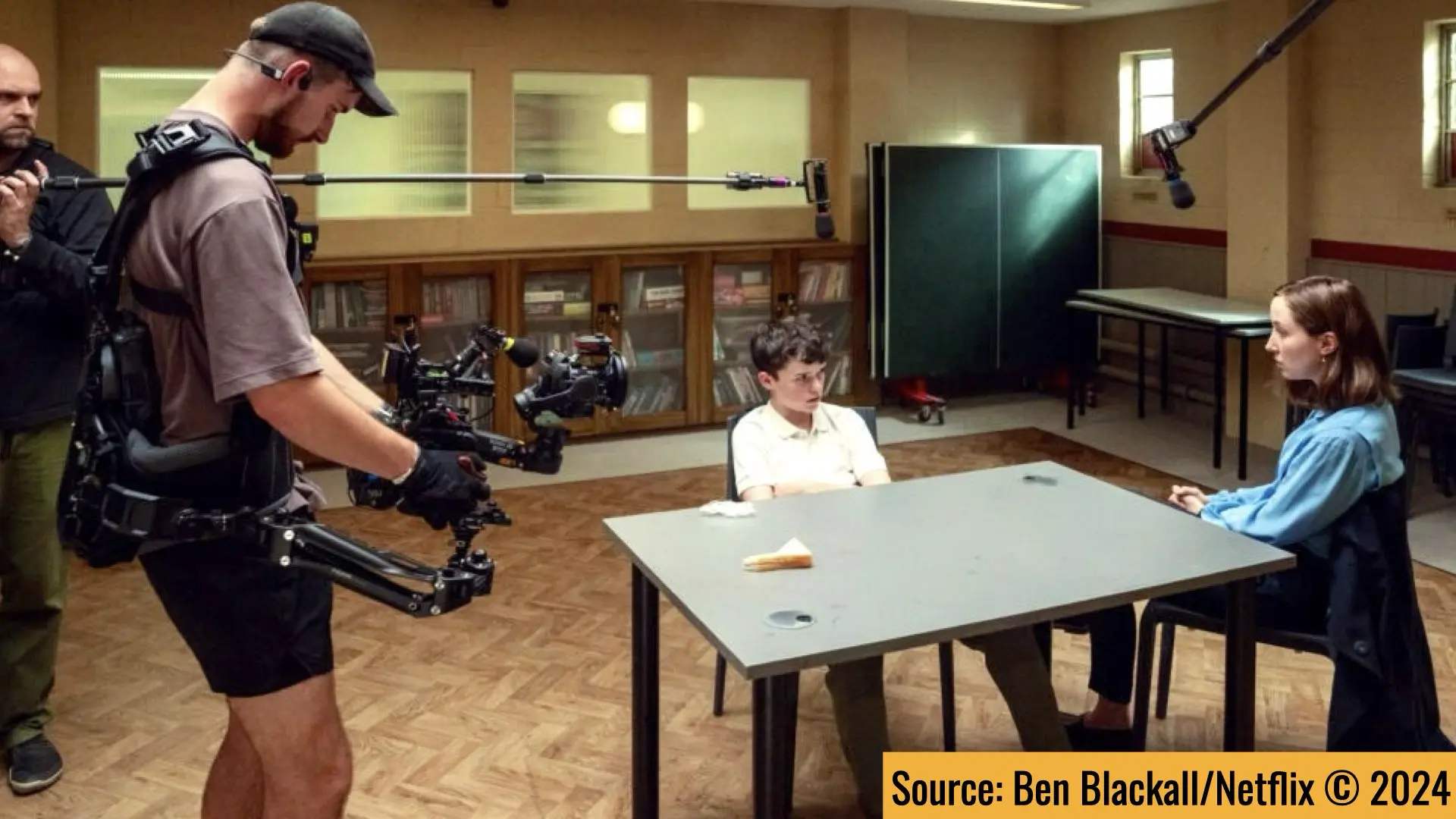
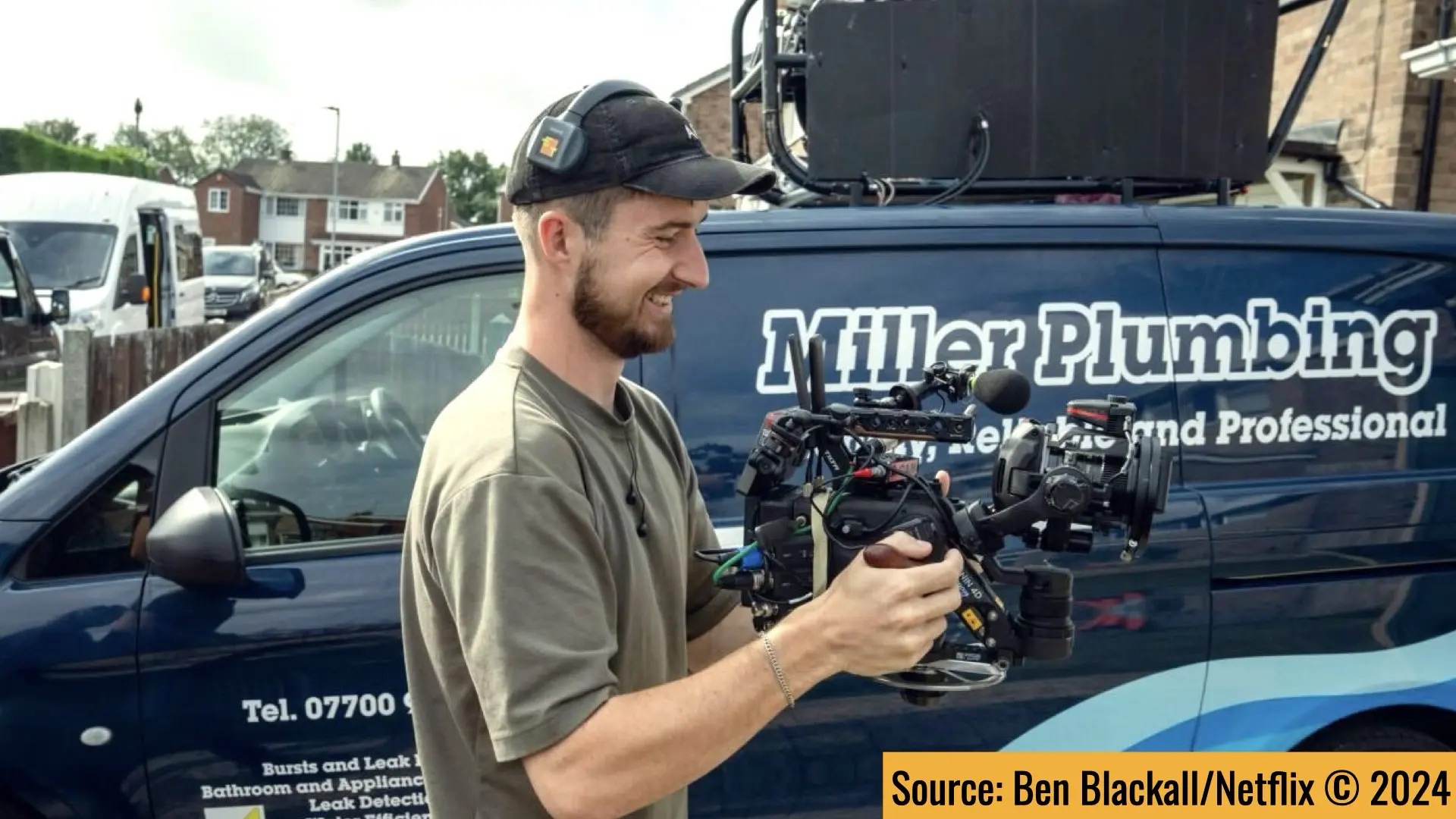
The Power of the DJI Ronin 4D
The Ronin 4D isn’t just a gimbal; it’s a fully integrated camera system with internal stabilization, LiDAR autofocus, and built-in wireless transmission. According to Y.M.Cinema’s in-depth review of the system, this revolutionary design allows filmmakers to do what was once nearly impossible—achieve ultra-smooth tracking shots and complex camera movements in confined spaces, all in real time. In Adolescence, the camera becomes a character itself, weaving through school halls, crowded homes, and frenetic streets. The rig’s stability and agility allowed cinematographer Matthew Lewis to deliver the entire episode as a continuous take, pulling off a precise visual ballet with actors, light, and space. Lewis chose the DJI Ronin 4D with the 6K Zenmuse X9 camera module, a choice that echoes similar high-profile productions such as Apple TV’s Civil War, which used the Ronin 4D to achieve invisible camera work, and even the upcoming Brad Pitt-starring F1 movie for its agility in race-track environments.
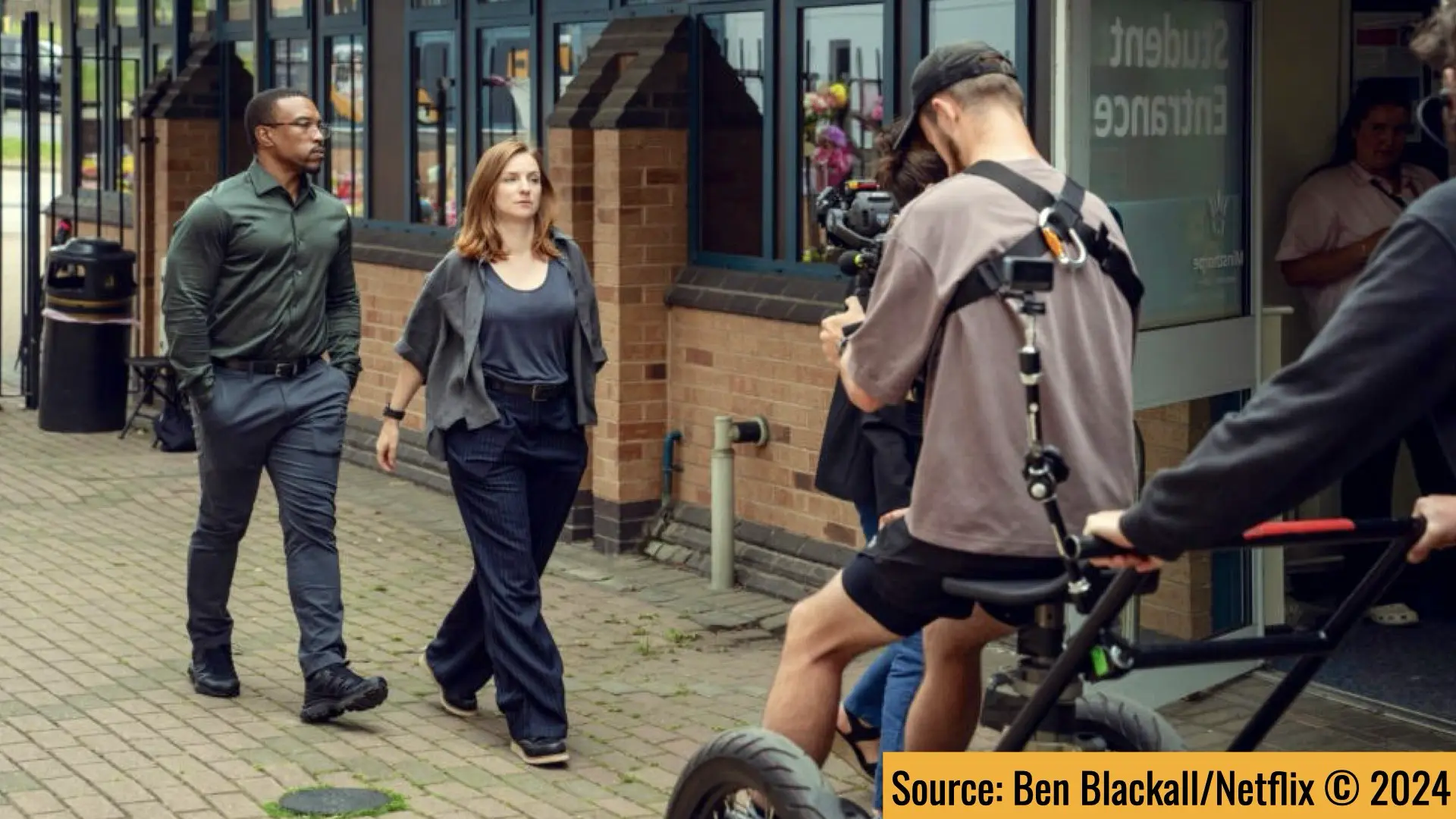
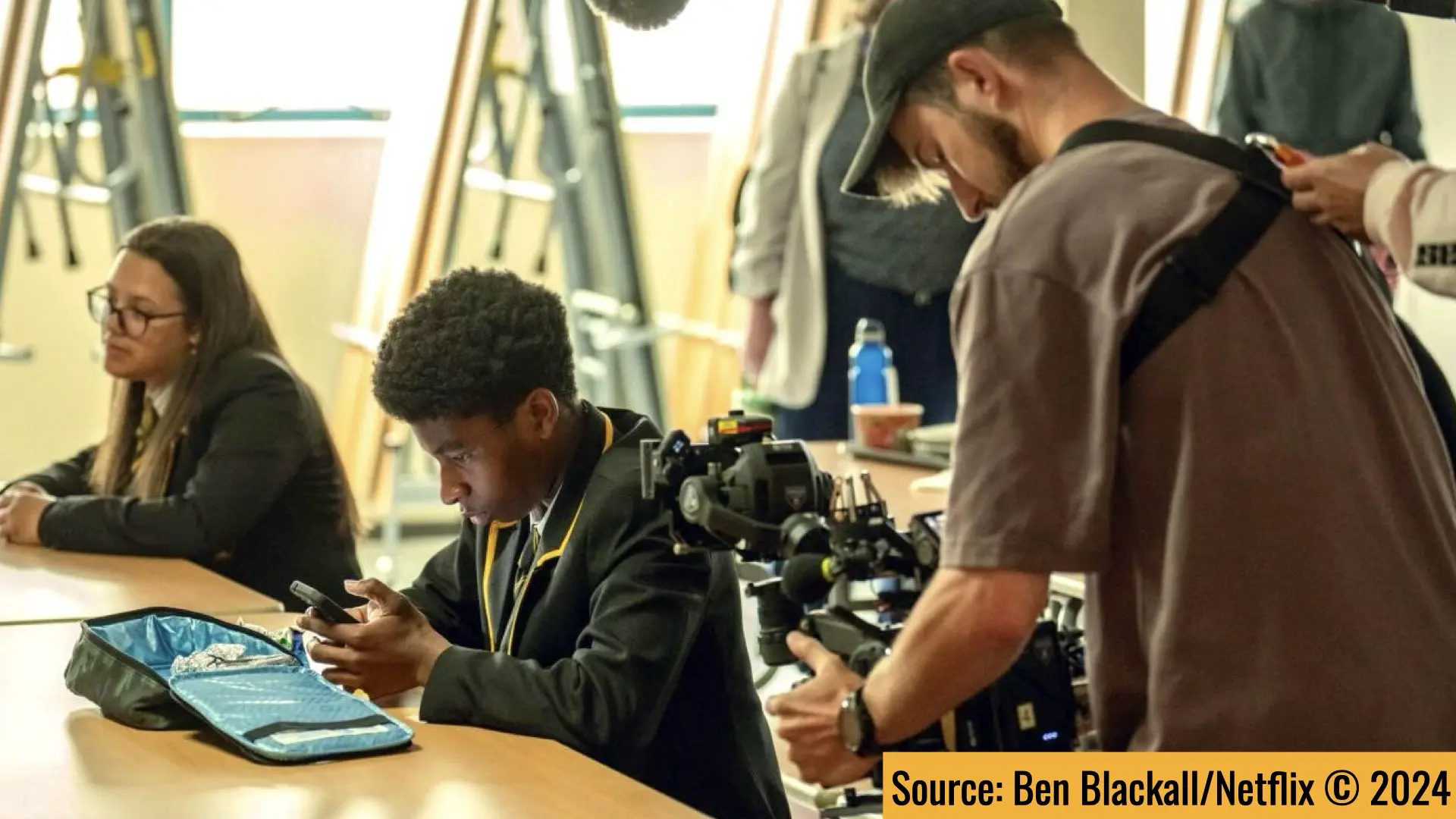
The Lens That Brought It to Life: Cooke SP3
Lewis paired the Ronin 4D with the Cooke SP3 32mm, a full-frame prime lens that delivers the classic Cooke “look”—subtle sharpness, organic textures, and smooth falloff. The 32mm was chosen for its ability to keep the world intimate yet cinematic. Because the Cooke SP3s are lightweight and purpose-built for mirrorless and compact digital cinema systems, they were ideal companions for the Ronin 4D. Their precision and consistency across the frame made them perfect for a project that relied entirely on one lens, one frame, and one chance to get it right. As detailed in Y.M.Cinema’s coverage of the SP3 launch, the lenses offer the same optical performance as the legendary Cooke Speed Panchros but redesigned with modern mechanics and build for today’s digital workflows. The SP3s bring a painterly rendering with gentle falloff, pleasing skin tones, and controlled contrast—qualities that make them perfect for a gritty, emotionally driven series like Adolescence. For cinematographer Matthew Lewis, who had to navigate tight spaces and constantly moving talent, the lightweight yet robust nature of the SP3s was a game changer. Their mechanical precision, minimal focus breathing, and full-frame coverage ensured consistent, repeatable performance across the intense shoot. The decision to go with the SP3s also reflects a broader trend in lens design. As highlighted in Y.M.Cinema’s comparison between the SP3 and Zeiss Nano Primes, the Cooke SP3s stand out for their character-rich imagery. While the Zeiss Nanos lean toward clinical sharpness and neutrality, the SP3s embrace texture, warmth, and a vintage aesthetic that enhances narrative storytelling—especially in emotionally loaded, grounded dramas like Adolescence. In the context of a one-take story, where there are no second chances or punch-ins, lens choice becomes even more critical. The 32mm focal length offered just the right balance—wide enough for environment and movement, but intimate enough for character.
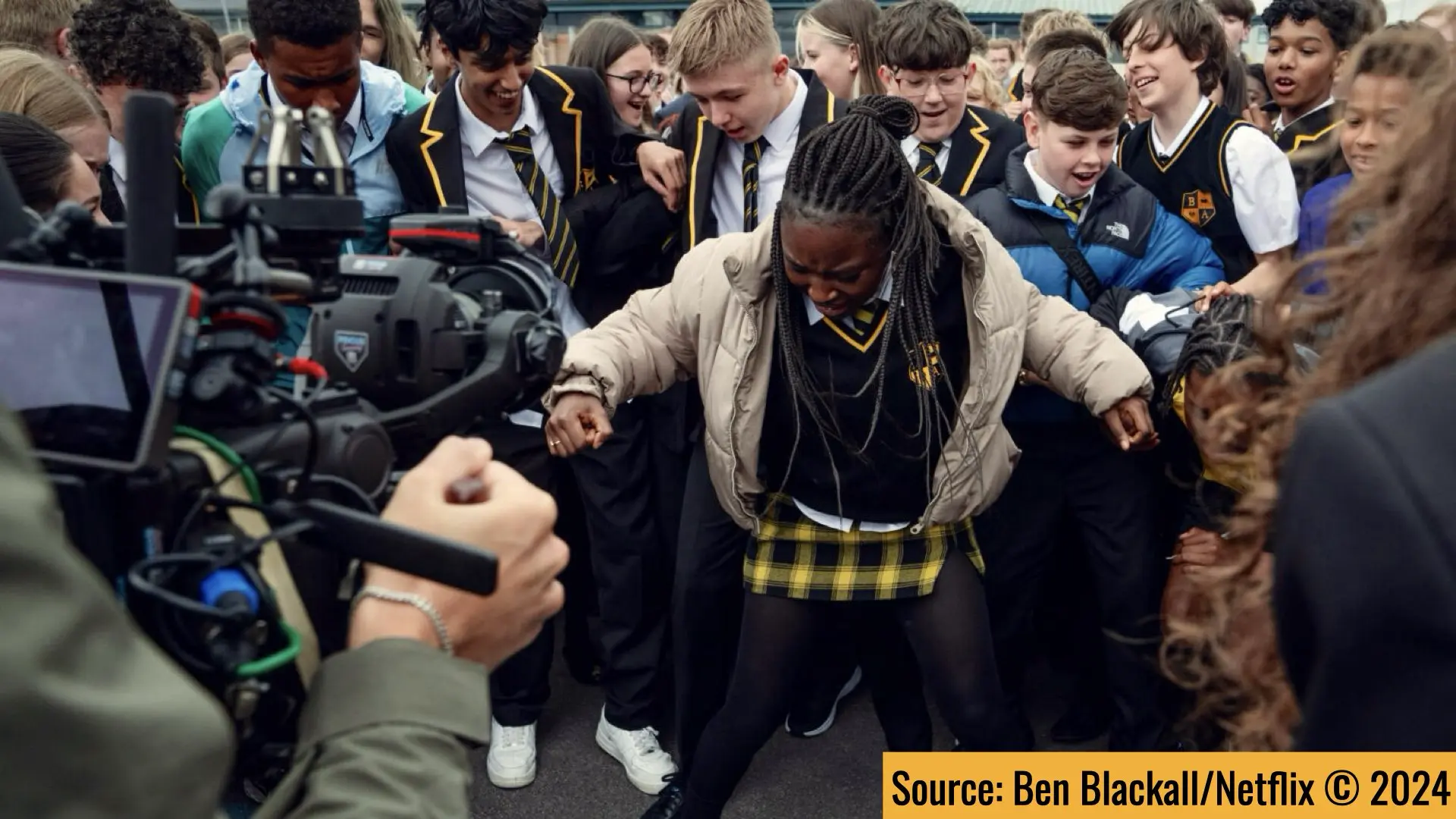
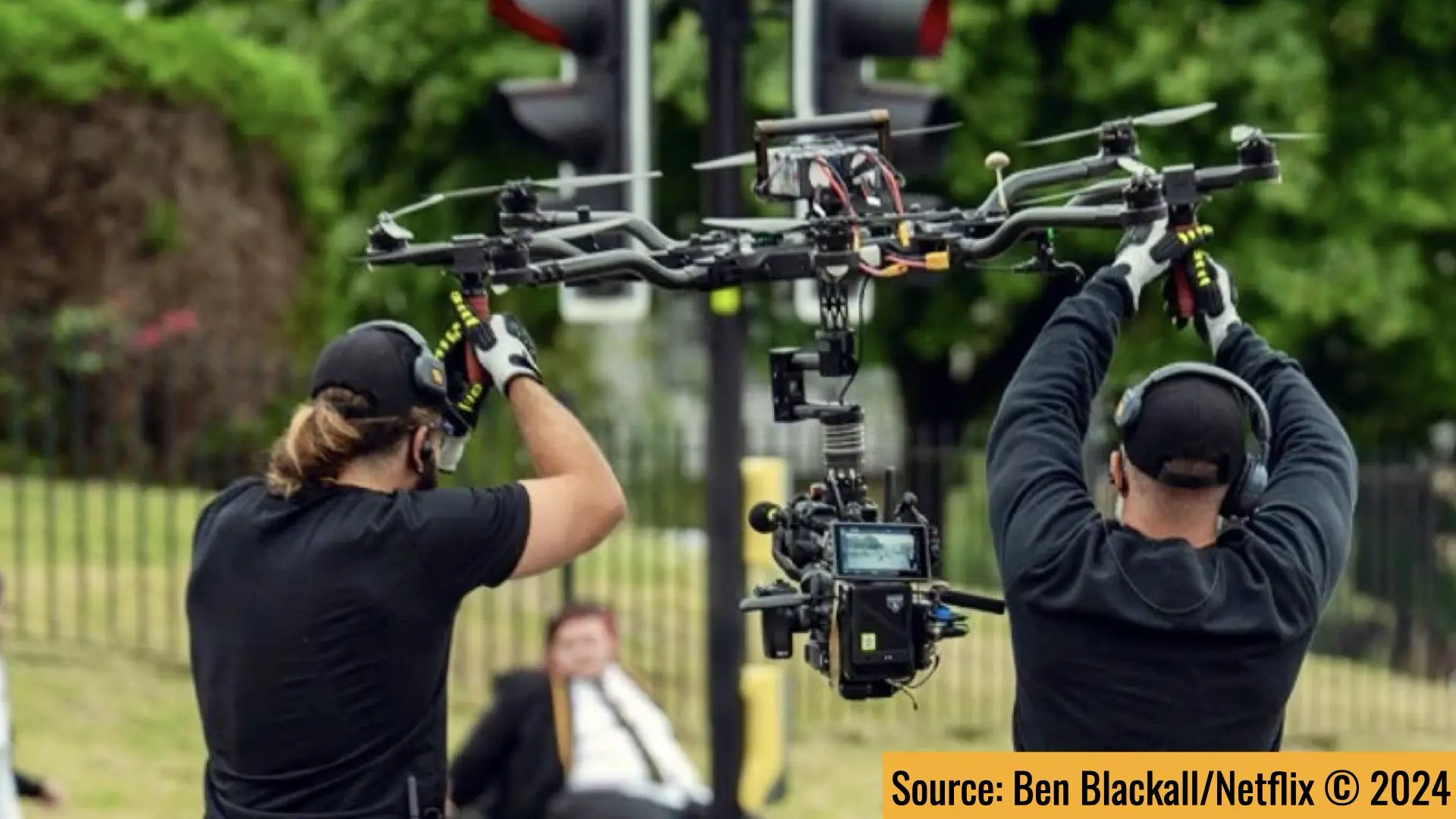
Stitchless Execution: The Challenge and the Payoff
Unlike other one-shot projects that hide cuts with clever transitions or digital stitchery, Adolescence goes all in—a real-time, unbroken shot from beginning to end. The camera had to be feather-light but fully featured. The environment had to be lit naturally and in 360 degrees. Every move, breath, and line of dialogue had to be perfect. This is where the Ronin 4D’s LiDAR autofocus, 4-axis stabilization, and internal recording capabilities shine. As shown in DJI’s own one-take short film demo, this system is not just capable of cinematic quality—it’s redefining the very grammar of filmmaking. The recent $1,800 price cut and inclusion of ProRes RAW recording make this camera more accessible than ever, as highlighted in Y.M.Cinema’s recent article. Productions like Adolescence are proof that high-end visuals are no longer confined to high-end studios.
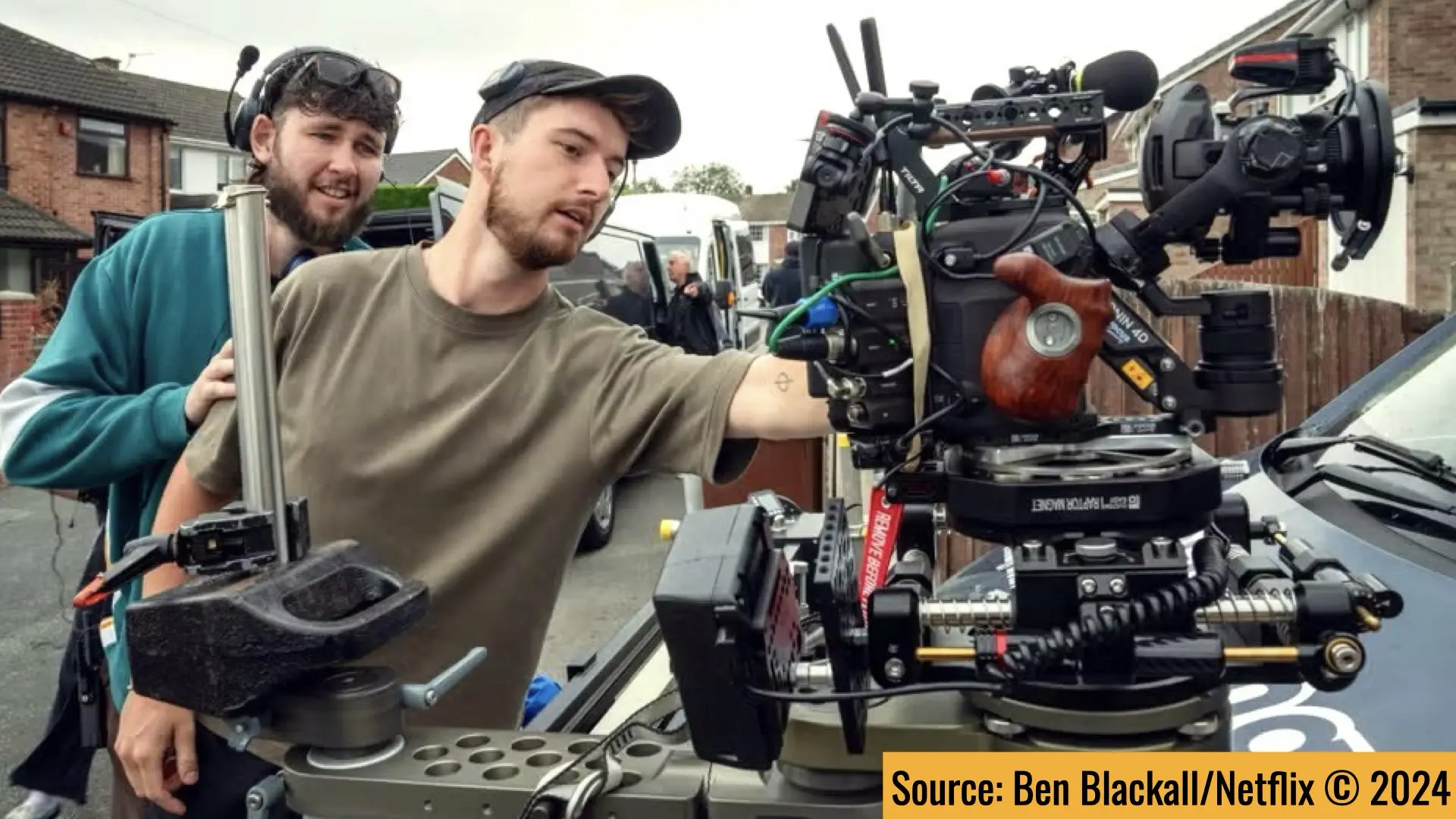
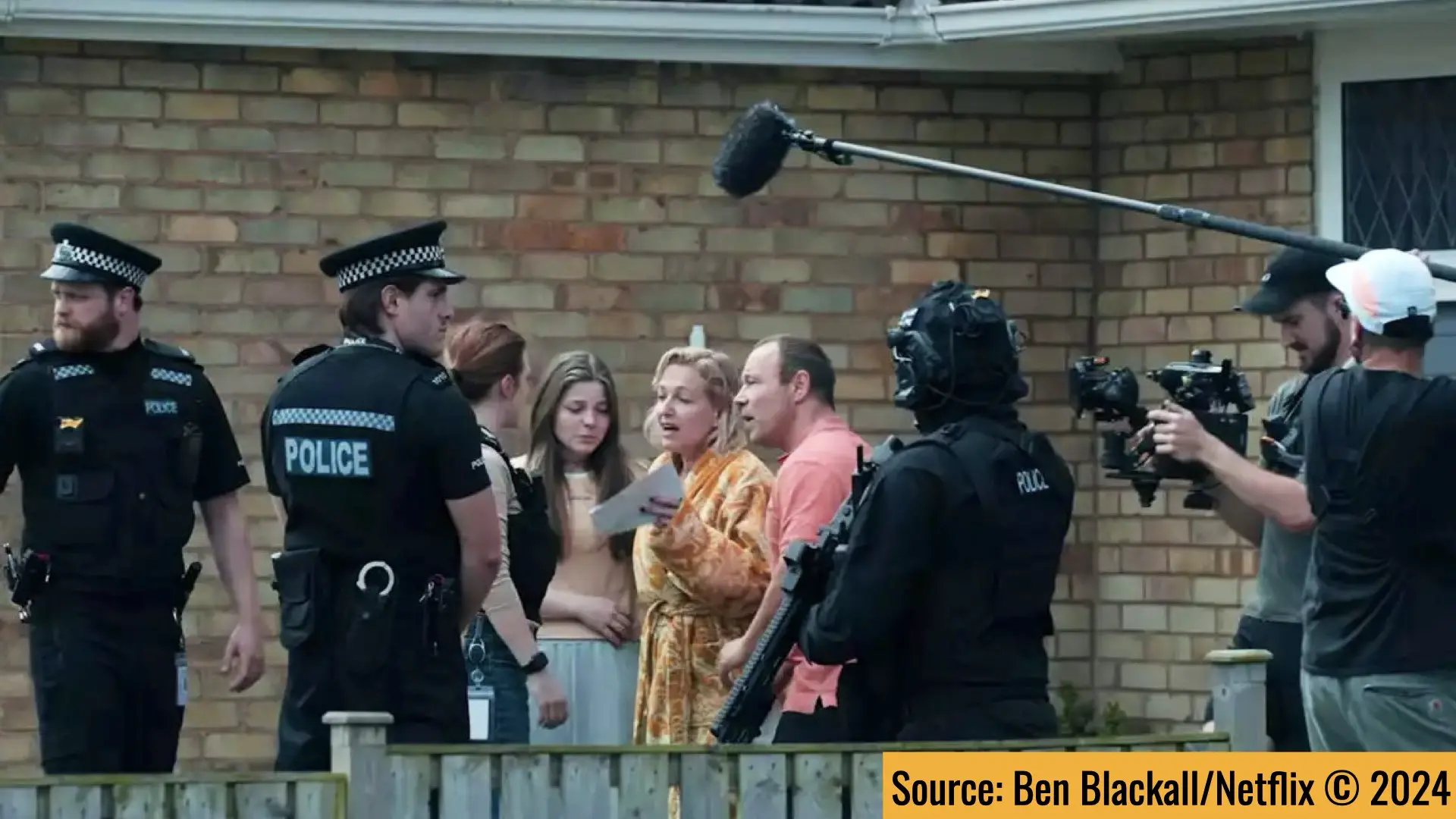
A Perfect Marriage of Story and Tech
Adolescence is more than a technical marvel. It uses the one-shot technique to enhance emotional immersion, placing viewers directly in the path of its characters’ raw experiences. But without the Ronin 4D’s capabilities, such an ambitious approach might have required dozens of hidden cuts or bulky rigging. This mirrors similar efforts in films like Boiling Point (also directed by Barantini), and the 90-minute single-take indie film featured in this Y.M.Cinema article, where rig choice dictated not just the look, but the possibility of the entire film. In Adolescence, the DJI Ronin 4D and Cooke SP3 didn’t just support the story—they made the story possible.
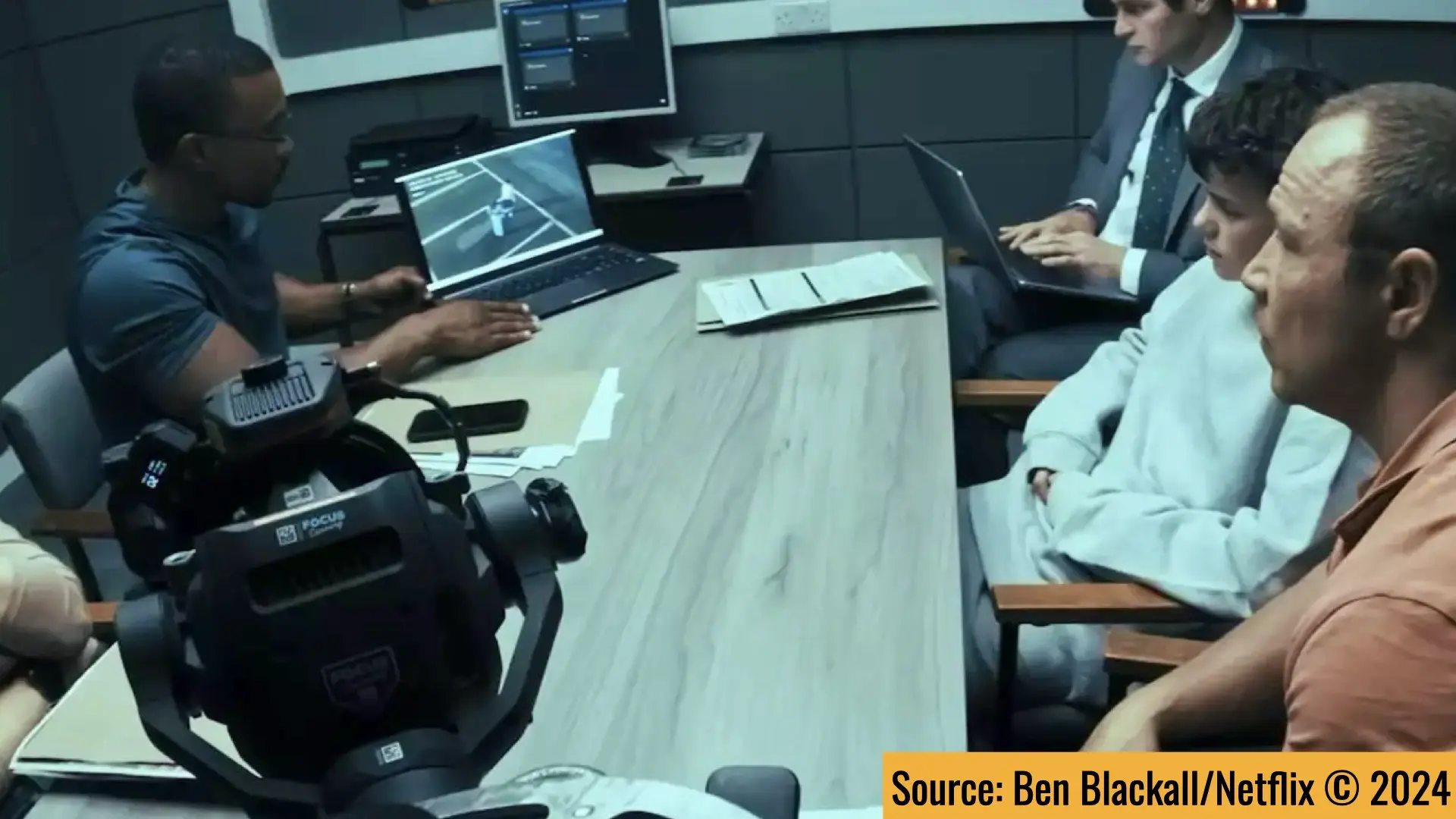
Conclusion: The Future of One-Shot Filmmaking Is Here
With Adolescence, the future of one-take storytelling is no longer a far-fetched cinematic stunt—it’s an achievable narrative tool, thanks to compact, intelligent systems like the DJI Ronin 4D and character-rich glass like the Cooke SP3. This project stands as a case study in how democratized technology is revolutionizing visual storytelling. No longer confined to massive productions, the cinematic power of a one-shot is now available to any filmmaker bold enough to embrace the challenge. And with tools like these, that challenge has never been more exciting—or more within reach.

